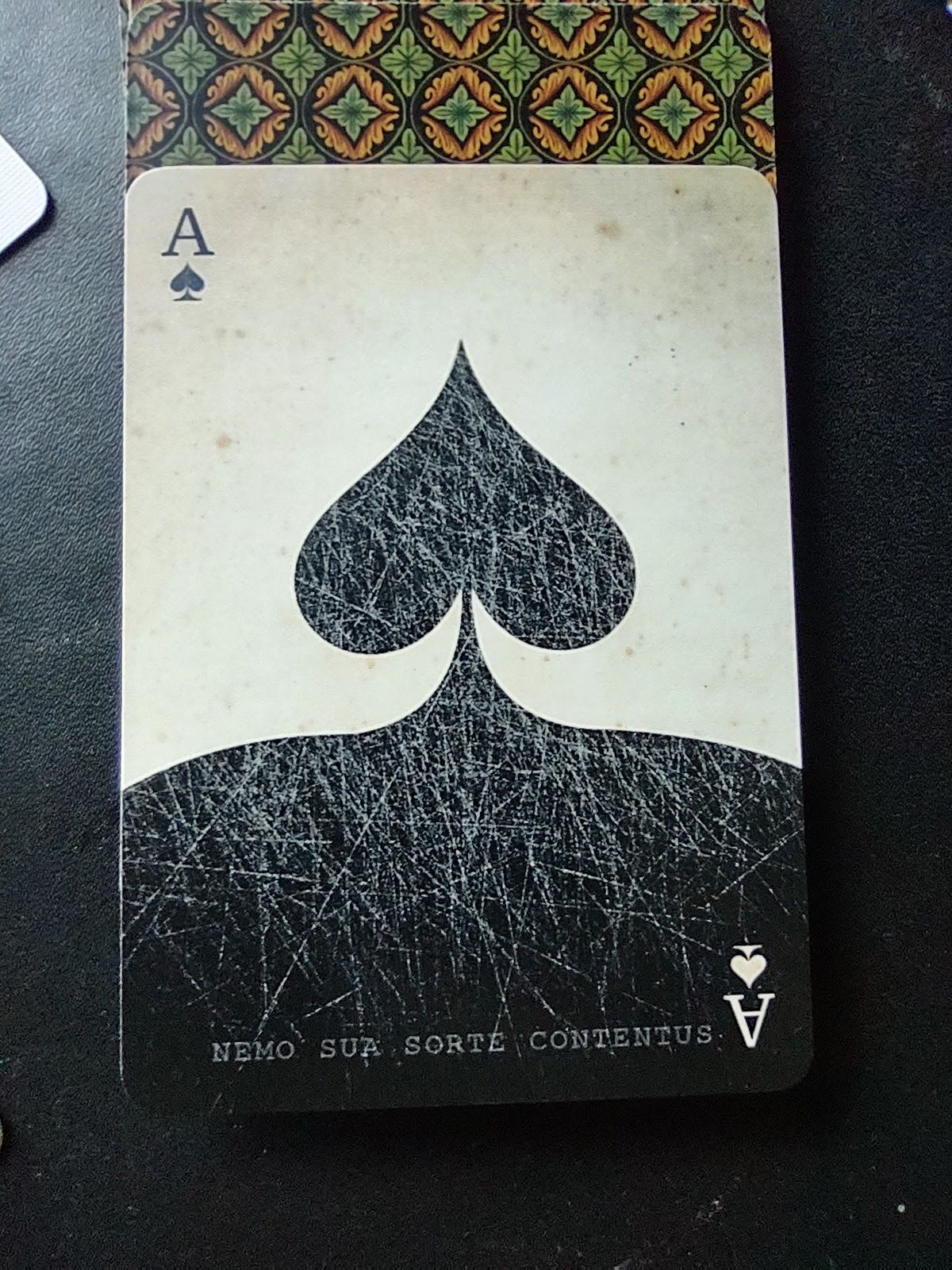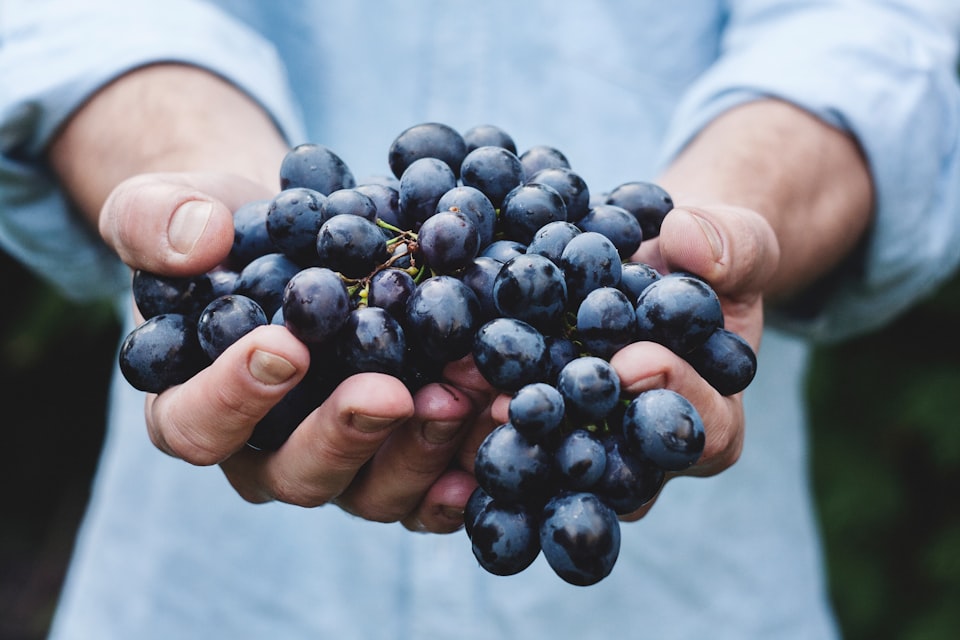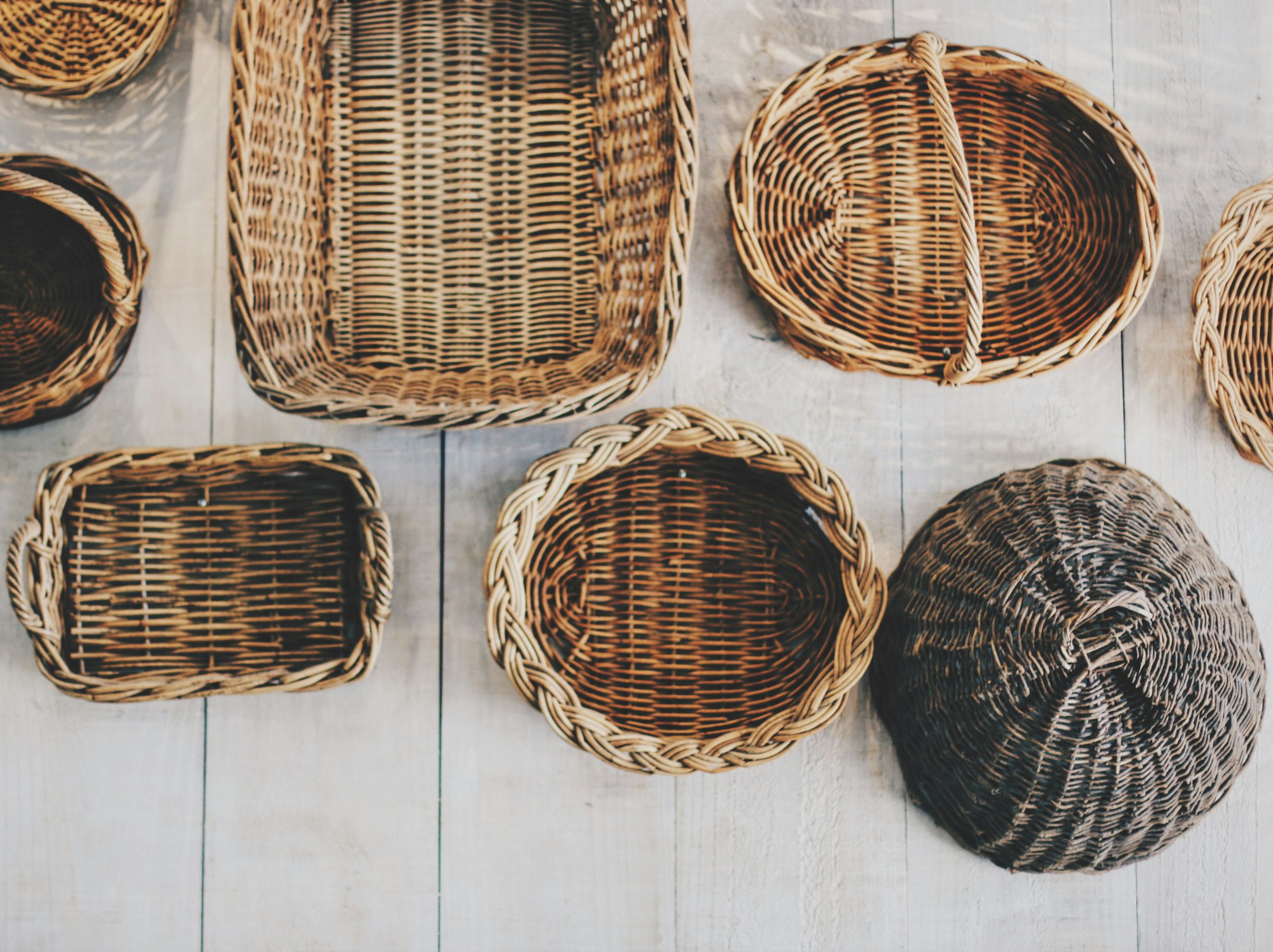X: Vat
The tale of the vat that flew too close to the sun.
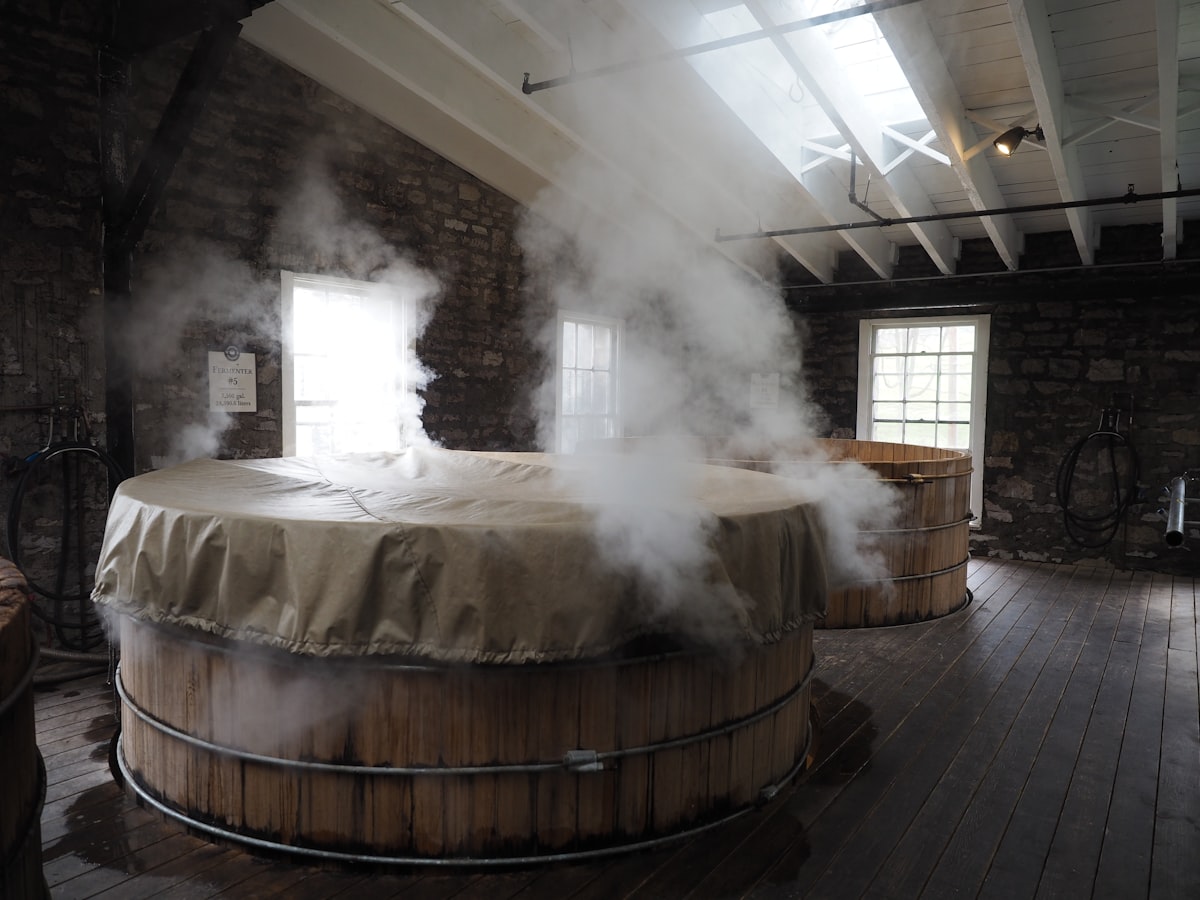
Good morning. Today is décadi, the 10th of Vendémiaire, Year CCXXXI. Today we celebrate le cuve, a vessel for preparing food on a massive scale.
It's the 1860s, and two brothers named Simon and Palladius Violet have struck out in search of fortune from their tiny village in the Catalonian borderlands of France and Spain. They wander about peddling dry good and textiles for a while before deciding to join the wine-making craze that had gripped southern France, particularly the fervor for aperitifs, before-dinner wines intended to help open the palate to the meal (or just relax the mind's quality control system). Dubonnet had just been introduced and was selling like wildfire, despite its bitter taste, because it included quinine, which helped fight malaria.
Copying Dubonnet's recipe of blended wines and cinchona bark (an import from the Andes that imparts the quinine), the brothers Violet also tossed in mistelle, which is essentially an interrupted half-wine that's still sweeter, and, why not, coffee. Because the market for aperitifs was already crowded, they pushed their wares to druggists as a health drink, really playing up the "quinine that doesn't taste bad" angle. They named their concoction after a random string of letters used to sort textiles in their shop: byrrh.
What happened next was a classic story of rags to riches that climaxed with the construction of the biggest wine vat in the world.
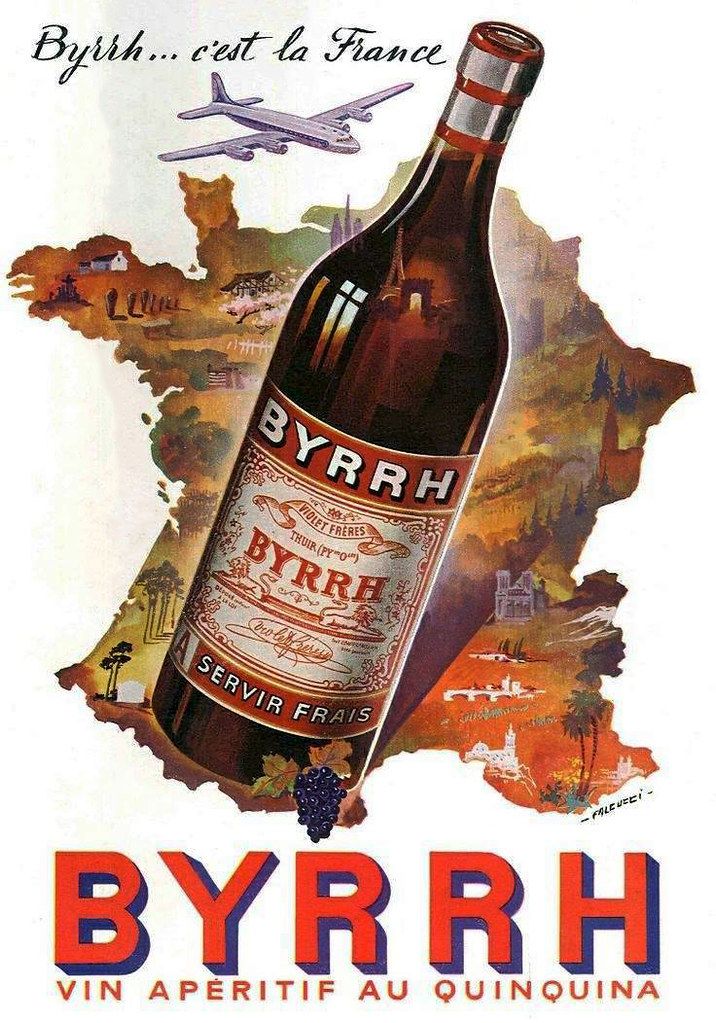
Byrrh caught on like wildfire in Europe thanks to its (slightly) sweeter taste and the general craze for getting tipsy before picking up a fork. Simon Violet died in 1891 just as the business was really taking off, so it was his son, Lambert, who oversaw the expansion of the operations in Thuir. Blending all these ingredients at precise moments of fermentation required large oak vats, and Lambert went all in, building 70 vats capable of holding 15 million liters of wine in a new cathedral-sized cellar that was instantly the largest in the world. Train lines were diverted to the Byrrh factory with a receiving hall designed by Gustave Eiffel (yep, the tower guy). By World War I, the company was employing 1 in 3 residents of Thuir and shipping Byrrh to the entire world.
Lambert passed away in 1914, so his wife and two children took over the business and kept doing what daddy did: three more massive vats, this time made of concrete, were built in the 1920s, but it still wasn't enough. The world loved Byrrh. By 1935, the drink had 50% of the aperitif market and climbing. Simone, the grandson of the founding brothers, decided to expand once again and commissioned the construction of an unprecedent vat capable of holding a million liters all by itself, and she wanted to do it with old-growth oak.
By the time construction was due to start, however, another World War came along, and construction materials were being confiscated left and right. To keep ahold of their oak, the Violets buried the timbers until rationing went away. When he heat died down, the vat went up, completed in 1951, just in time for everyone to completely forget byrrh.
You see, soldiers had discovered whiskey. Aperitifs were dead. Why have a tiny glass of herbacious wine before a meal when you could just slug hard alcohol at a bar to forget about the horrors of war? Within a few decades, the family business had sold itself to Pernod and byrrh was nearly forgotten, the massive vat squatting in tiny Thuir as nothing but a tourist attraction.

Violet Frères Byrrh is still around as a brand, and it's still made in that big ol' vat, if you want some. It's said to mix well with gin, if you want to maximize your mouth-punching herbs.
When times are good, and things are going well, and you're worried you've hit your limits, sometimes you think the only way to go is bigger, bigger, bigger. Keep your mind open and stay willing to adapt to something new, though, because a million liter vat looks awfully silly in a small-batch world.
Today's card: Ace of spades
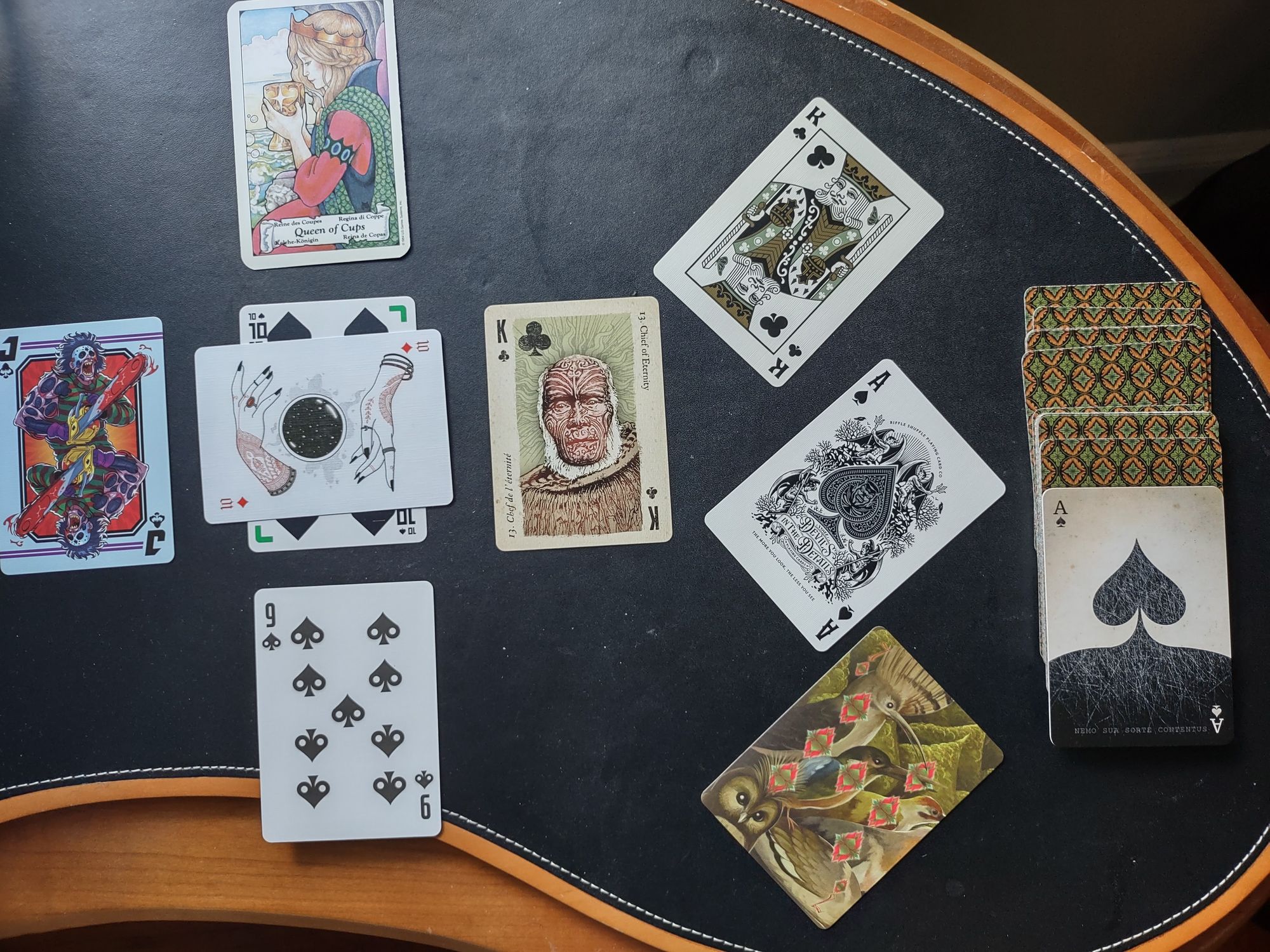
Click for a recap of the story so far...
The story so far: We've established a query about work, in which the level of effort and compensation both feel maxed out (the crossed center cards), but we sense that we have more inner reserves (the nine) and that there are forces outside of us ready to provide emotional support (the queen). The struggle is that we've recently been burned by someone who wasted our time and energy (the Jack) and we're afraid it will happen again, but next time it will be with the intention of shutting us down (the King), something that yesterday's card confirmed is a very real possibility. That said, we've received a sign that material rewards await us if we take a step in the right direction (the seven). We've also had an indication that help might come from either a newcomer to our field or a reboot of our process (the ace).
It's outcome day, and incredibly, we pulled a no-ambiguity ace of spades. It looks like it's time to pivot. The value of your work is not in pressing through and increasing your capacity. Try to tune out the inner nine of spades urging you toward the land of burnout. Rather, the accumulated experiences and connections you've built can be passed on, lucratively (thanks, seven), to either a new generation or a next pursuit. Don't fear a new beginning when you hit that final straw challenge in the near future. Take it as an opportunity to pursue a new angle.
The inscription on this deck's ace says nemo sua sorte contentus, Latin for "no one is content with their lot." This is both a reassurance and a warning. This query about our feelings of getting maxed out should not be ignored and pushed through for the sake of greed. You don't want to end up with a big, empty vat. Your feelings of discontent can be channeled into something related but invigorating, something new. If there ever was a time to strike out on your own or elevate your role to that of a mentor, this is it.
I hope this décade's reading speaks to something in your life. If you're a contributing subscriber, feel free to comment on today's post with a query you'd like addressed in a future décade. If you have a query and you're not yet contributing, become a citoyen post haste!
